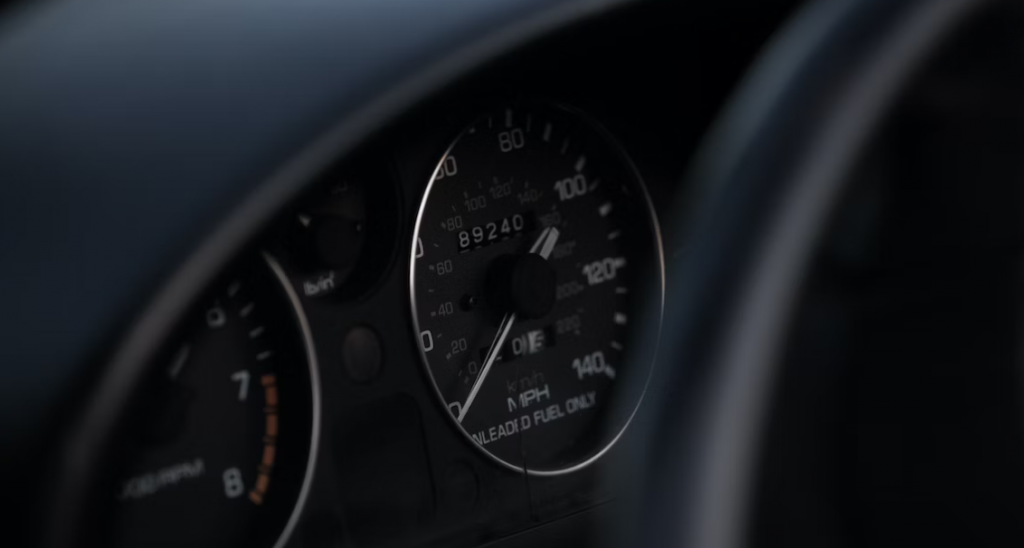How long does a car last? It is always important to ask yourself this question when buying a new car. Especially when it is a used car. We will try to find out more about the actual life span of cars, and give you some tips on how to extend it a bit.

How long does a car last?
The lifespan of a petrol car is not the same as that of a diesel car. And when we talk about lifetime, we expect a number of years. But for a car, the lifespan does not depend on the number of years, but rather on the number of kilometers driven.
Life span of a petrol car
The life of a petrol car is estimated to be 150,000 km (on average a petrol car travels 15,000 km per year). After that, it is considered old. However, this value is not fixed. A vehicle that is regularly maintained will have its life extended. Conversely, if it is poorly maintained, it will wear out more quickly and its life span will be shortened.
Lifetime of a diesel car
A diesel car's lifespan is estimated to be 250,000 km (a diesel car travels an average of 25,000 km per year). After 250,000 km, it is considered old. The maintenance conditions of your vehicle also have an impact on its longevity.
Knowing the mileage life of a car is important. This can guide you when buying a used car. It is not advisable to buy a petrol car with 125,000 kilometres on the clock. Repairs and maintenance could cost more than the purchase of the car itself.
The same goes for a diesel car, it is not advisable to buy a second-hand car with 200,000 kilometres on the clock.
On the other hand, if you're on a tight budget for your next car, you may want to look at cars with these criteria as owners will be looking to sell them off.
Car that lasts: which model to choose
Today, people are looking for the car that will last the longest. It is true that some car brands make cars that generally last longer.
Among these car manufacturers, we find as often Japanese cars like Toyota or Honda. German cars such as Opel, Mercedes and Audi also have a reputation for being robust.
But the brand does not necessarily determine the duration of the car. Fuel can play a role in the durability of vehicles. As mentioned earlier, it is known that diesel cars are capable of covering many more kilometres than petrol cars.
In addition, some models are more suitable for longer distances. This is particularly true of family cars, which have a life span of at least 12 years and can more easily cover 200,000 kilometres. Conversely, city cars have a shorter life span. At the very least they will last 8.5 years and cover 130,000 kilometres.
These values are not definitive, there are tricks that can be used to extend the life of your car. We explain them to you below.
A survey has shown that Toyota cars (Toyota Avalon, Toyota Camry, Toyota Tacoma) have the longest service life. The Japanese manufacturer stands out in this field!
Our tips for a car that lasts
There are a number of techniques for extending the life of your car.
Here are some of them:
- Check the level of all the fluids in your car: engine oil, but also brake fluid are elements that must be at the right level to prevent them from damaging the important parts of your car. It is advisable to follow these instructions regularly, not just when the car is due to be serviced or inspected. A lack of engine oil can lead to a recheck at the roadworthiness test.
- Follow the advice given in the maintenance booklet: by following the items in your maintenance booklet, you can avoid potential major repairs.
- Keeping to the dates of your car's service: Keeping to the dates of your car's service will help you maintain your car and detect problems before they become too serious.
- Have the right tyre pressure: Make sure your tyres are not under-inflated or over-inflated. This will avoid unnecessary use of the car.
- Drive responsibly: avoid unnecessary acceleration or hard braking. This will avoid unnecessary damage to your brake pads or engine.
- Put your car to sleep in a safe place: putting your car to sleep in a garage rather than outside will protect it from potential battery failure.
- Finally, the exterior of your car: avoid scratches or touching other vehicles to keep your car looking good!
It should be noted that the roads you are used to driving on, but also the environment you live in, have an impact on the wear and tear of your car.
Conclusion
As you can see, the life of a car is not calculated in years, but in kilometres driven. It also depends on the fuel needed to run your vehicle (petrol or diesel).
It is therefore advisable to know these values when buying a used car.
You can also extend the life of your car by taking care to carry out regular maintenance and to check the main components of your vehicle.
